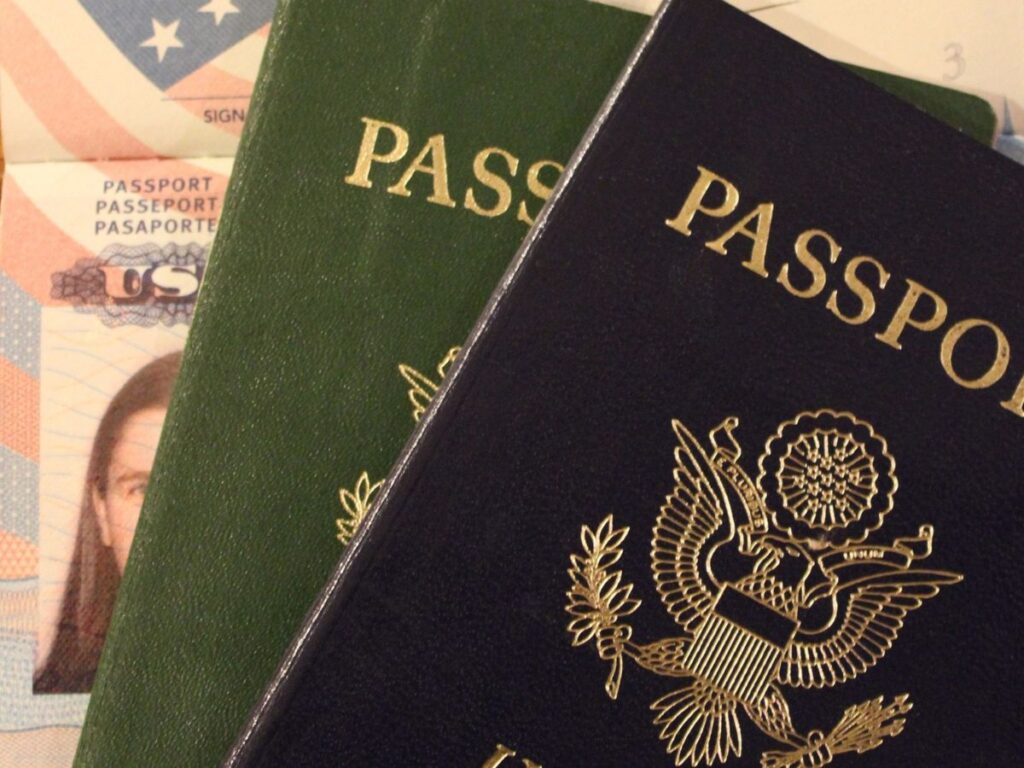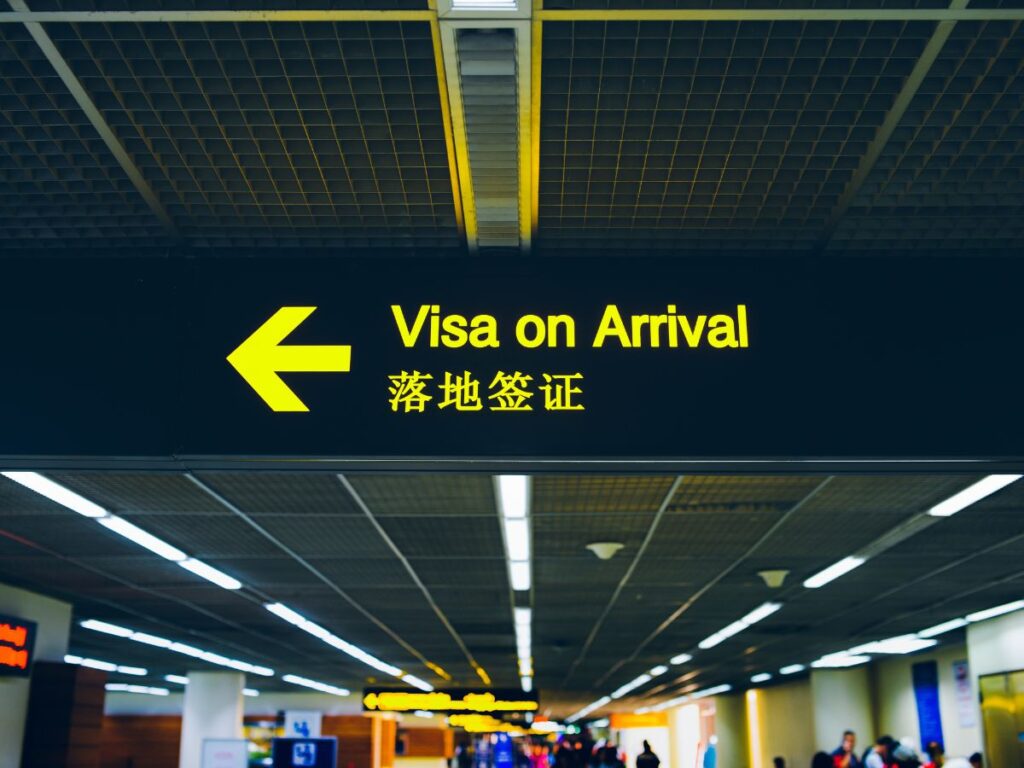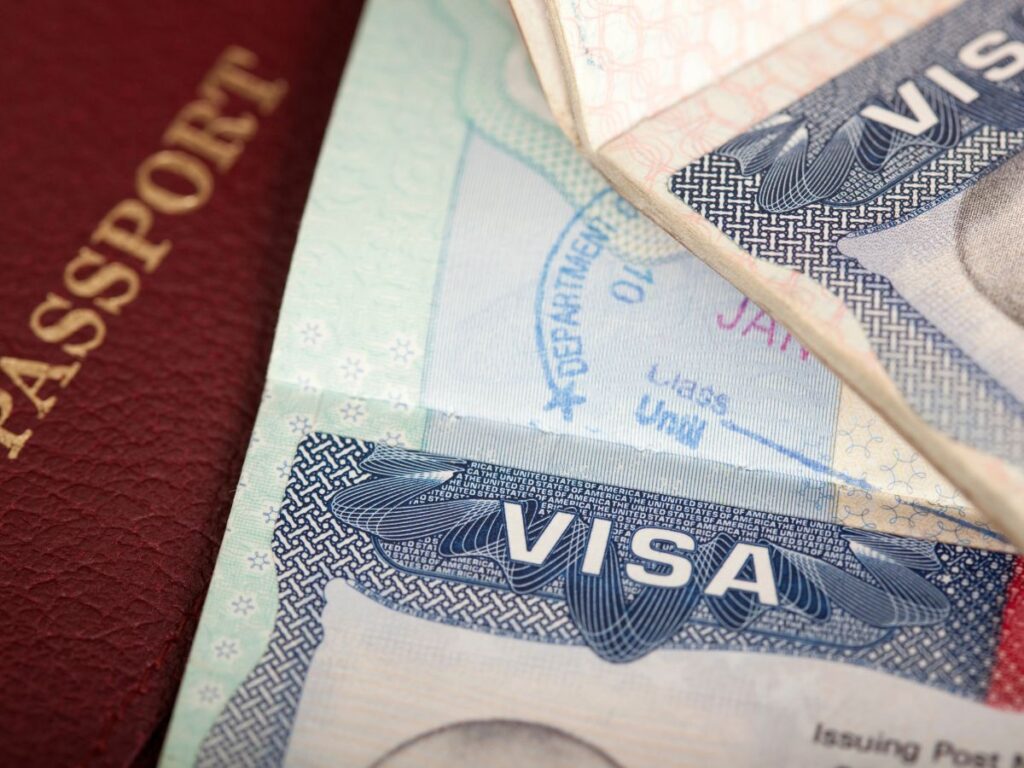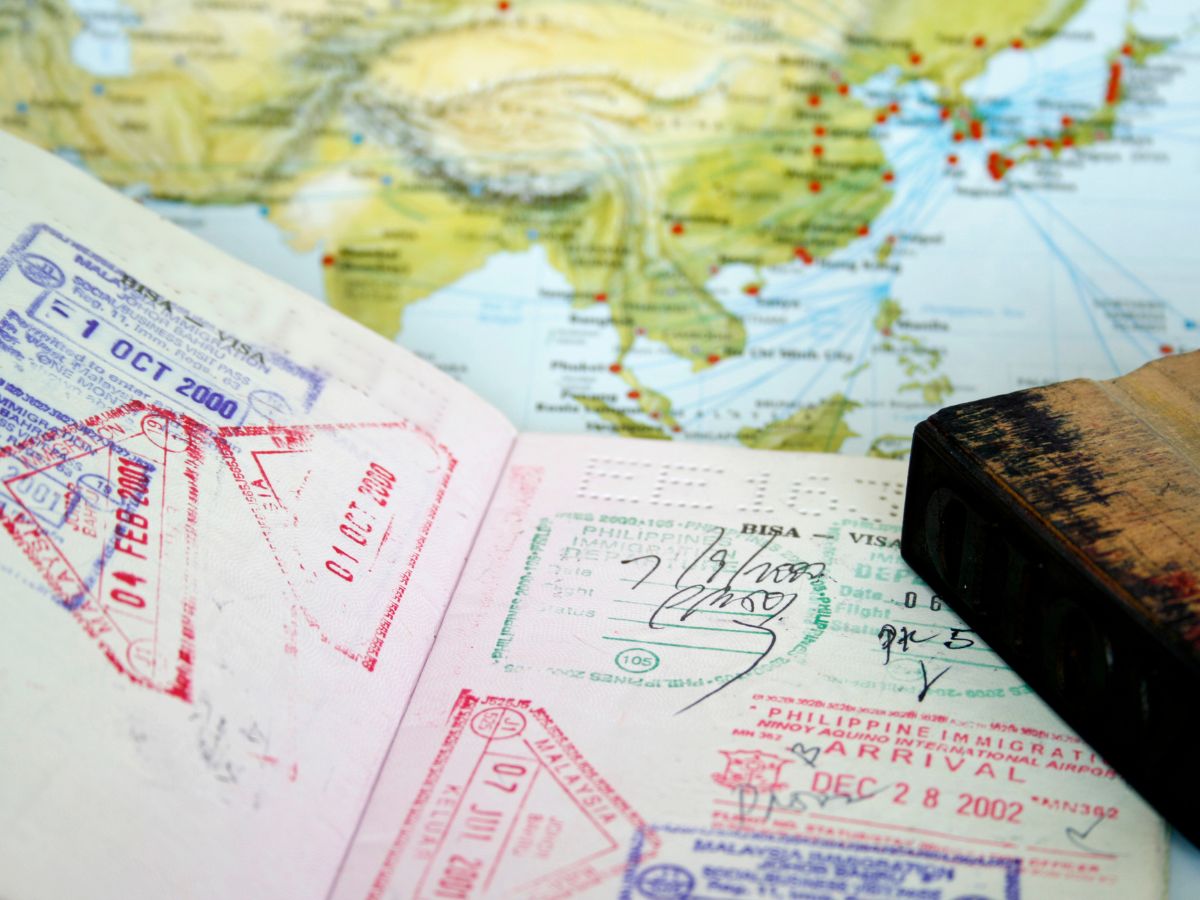If you’ve not done much travelling before or have only visited countries in your part of the world, chances are you won’t know much about visas, how they work or how to get them. Depending on where you’re from, there may be many countries that you can visit visa-free by just showing your passport when you cross an international border. At worst, you might have to fill out a form or some kind of pre-travel authorization. However it’s not quite that simple everywhere and below we’ll try to answer some common doubts about the process of getting visas while backpacking.
How to check if you need a Visa
There are plenty of online tools and resources which outline the visa requirements for any given country. If you’re just in the research phase, Wikipedia has detailed articles on the visa policy of every country which are a good first port of call for quickly getting an idea of which countries you will need visas for if you’re planning a long backpacking trip that will see you cross multiple international borders.
For more formal guidance, your government may have travel advice pages for foreign countries which should detail the current visa requirements for citizens of your country. The UK foreign office for example has detailed travel advice pages for every country which feature the latest visa requirements.
Alternatively, your best bet for countries where the visa regulations are somewhat unclear or complex, may be to contact their embassy directly. Chances are the country you are looking to visit will have an embassy or consulate in your own country.
If you’re already travelling, it may be simpler to contact the relevant embassy in the place you are currently in, particularly if it’s close to where you want to go. For example, it’s possible to get a Myanmar or Vietnam visa in Bangkok.
Here are some useful pages which may help you get in contact with a foreign embassy:
Contact details for embassies in UK
Contact details for embassies in Australia
Contact details for embassies in Canada

Avoiding Passport Problems
- Make sure your passport isn’t in danger of expiring before you leave home (they typically last around 10 years). Even if the expiration date is just beyond the intended end of the trip, you can still run into some problems. For example, the EU has specific rules which require your passport to be valid for at least three months after your intended exit date from the Schengen Area. It also must have been issued within the last 10 years. Play it safe and get a new passport if you’re heading off on a long trip with a relatively old passport.
- If you’re extremely well travelled, you may also find you’re running out of blank pages in your passport. This can also potentially cause problems the more borders you cross as you’ll typically get stamped on entry and exit when you visit any foreign country. Some countries actually require visitors to have a minimum number of blank passport pages and while it’s doubtful that such rules would actually result in them refusing you entry, it’s better not to take any chances.
- Consider taking several recent passport-sized photos on your trip with you. These are sometimes required when applying for visas or other formal travel documentation and will probably be easier to get in your own country than when you are abroad.
The Process of getting Visas
The exact process of getting a visa while backpacking will vary from country to country and will depend on your nationality. It can range from a simple visa which can be easily obtained in a few minutes on arrival to a lengthy process which can require weeks of advanced planning.
Here are a few pointers and typical scenarios:
1) Some countries only grant visas through their official embassies or consulates, or via an online form or channel (referred to as an e-visa). Others outsource to private companies to issue visas. Make sure these companies are reputable before handing any money over. Check travel forums and contact reliable sources in the travel industry if you’re at all in doubt.
2) Nowadays you can often get visas on arrival (i.e. when you land or reach the border). Sometimes you need to fill in some kind of online form beforehand (similar to the pre-travel clearances used during the pandemic) while other times you can just turn up and fill out any forms and pay fees at the entrance to the country. Queues can sometimes be long and some countries only accept cash payments (often in US Dollars) so do your research and come prepared.

3) If you’re doing a backpacking trip across multiple countries, it is also almost always possible to get a visa in neighbouring countries or territories – for example you may find it much easier to get a mainland Chinese visa in Hong Kong (which many nationalities can visit visa free). It’s normally cheaper to do it this way and allows more flexibility so if you’re planning on being away for many months or even years, you don’t need to get all required visas before you leave home which could prove quite restrictive in terms of not being able to alter your travel plans.
4) Visa applications for some countries (those which don’t offer visas on arrival) can sometimes take a long time to process. For example visas to visit India can take many days to be approved and that can extend to many weeks for some countries which require more specific requirements and checks. Make sure you allow yourself enough time before your intended arrival to get a visa!
5) Before your trip, research not only the visa requirements but also the granted length of stay for each of the countries you think you might visit. This will help you plan more effectively. Typically travellers are granted anything from a 15 to 180 day stay on arrival in any country. Your passport entry stamp should show the date by which you need to leave – this is true regardless of whether or not you need a visa.
Backpacking, Visas & Staying on the right side of the Law!

Whether or not you require a visa to enter a country, there are several fairly simple things you need to remember once travelling to ensure you abide by law and don’t encounter any other difficulties.
1) You can potentially get in trouble (and will most likely at least be fined) if you stay longer than your allotted allowed time so be careful not to overstay your visa or visa-free period. In some cases this may also lead to you being banned from visiting the country again.
2) If you intend to spend several months in one country which only grants shorter stays then consider doing a border run. Even if you only spend a day or so in the neighbouring country, you should be granted a fresh amount of time on your return. Visa extensions are also possible in some countries if you decide you want to stay longer.
3) Hold onto your immigration and emigration forms or any other paperwork you’re issued with on arrival. Losing them in some places can result in a lot of hassle when you eventually want to leave the country and potentially result in you missing transfers or getting fined.
4) Having a tourist visa doesn’t give you the right to work in a country. That said, it is often very easy to find cash-in-hand jobs or work exchanges that reward you with food or accommodation instead of money. If you want more formal employment, even for only a short period, look into working holiday visas.
5) When researching countries to visit, it is worth checking any travel warnings that have been put in place by your government. If you visit a country or region that they advise you not to go to, your travel insurance may not cover you as you may be seen as having taken unnecessary risks by ignoring government advice. This can lead to big problems if you are unfortunate enough to get sick or injured or be the victim of theft.
6) There may also be special rules preventing you from visiting troubled or complicated regions, even if you have a visa for the country. For example visiting Tibet requires an additional travel permit beyond the regular Chinese visa, although these kinds of situations are relatively rare.
This look at visas while backpacking was last updated in April 2023.

